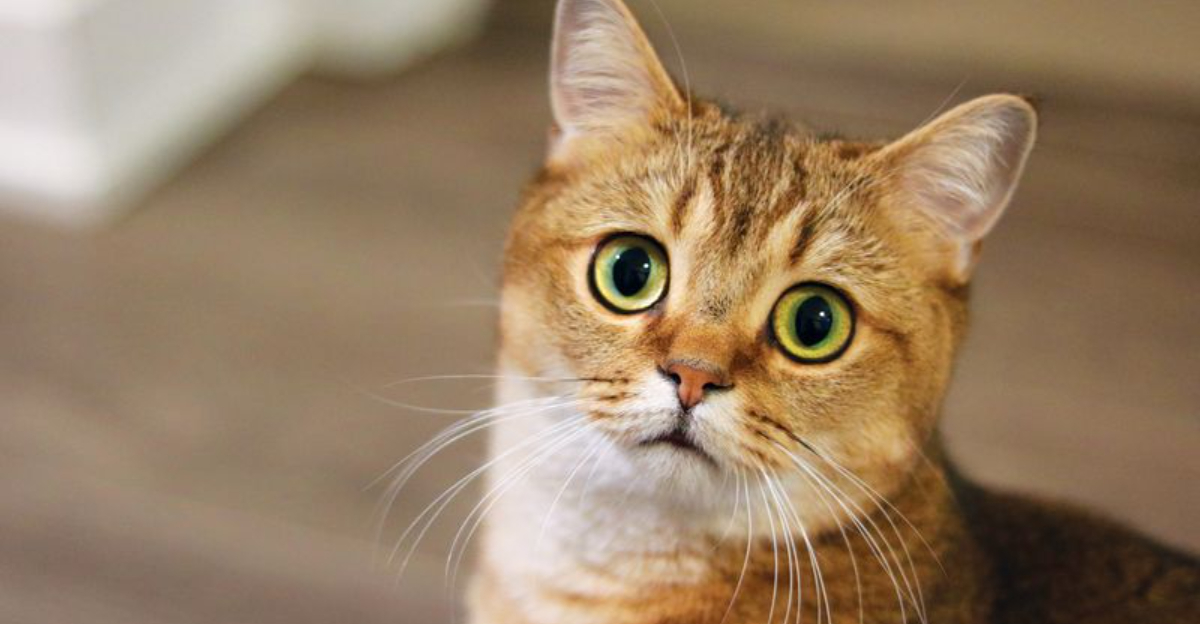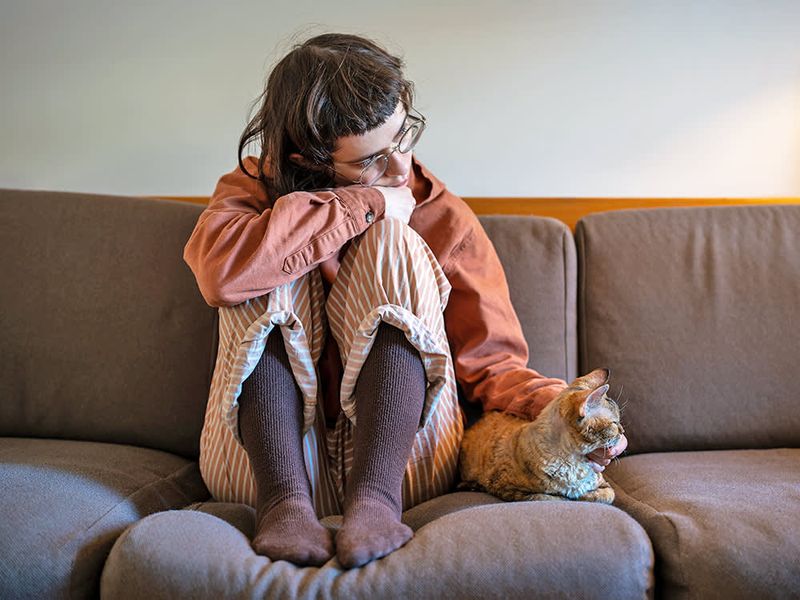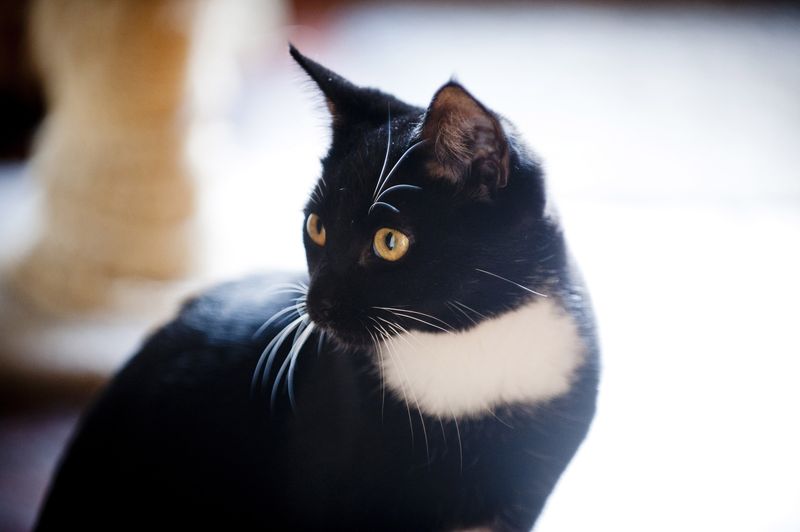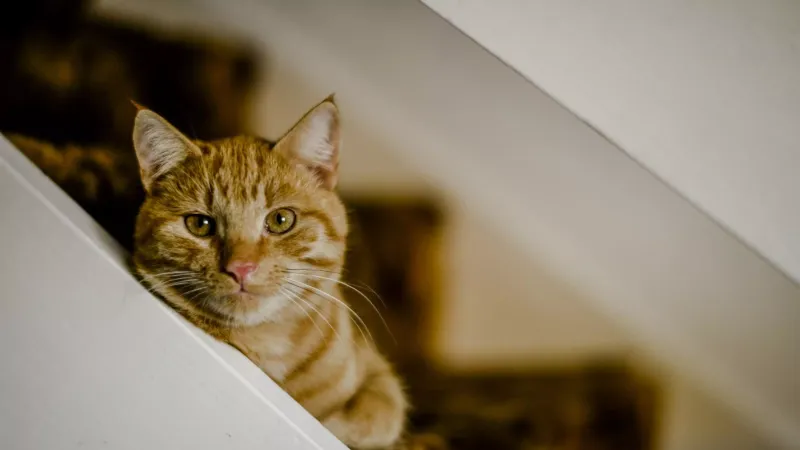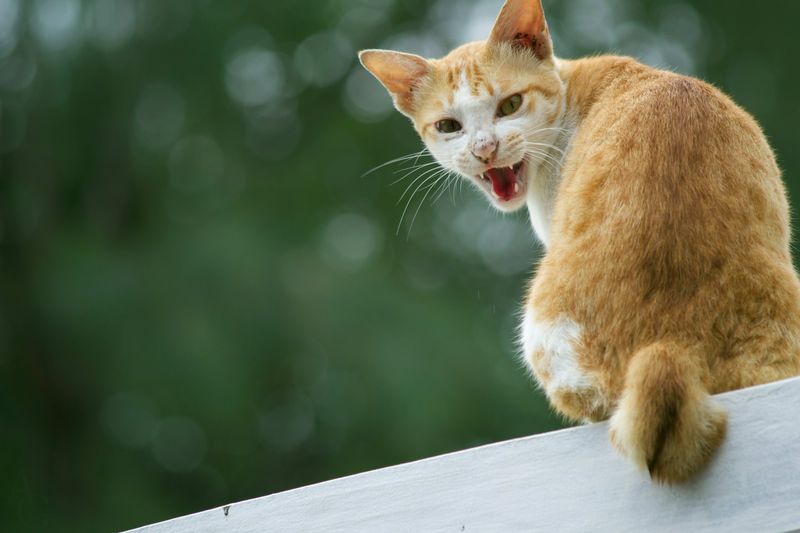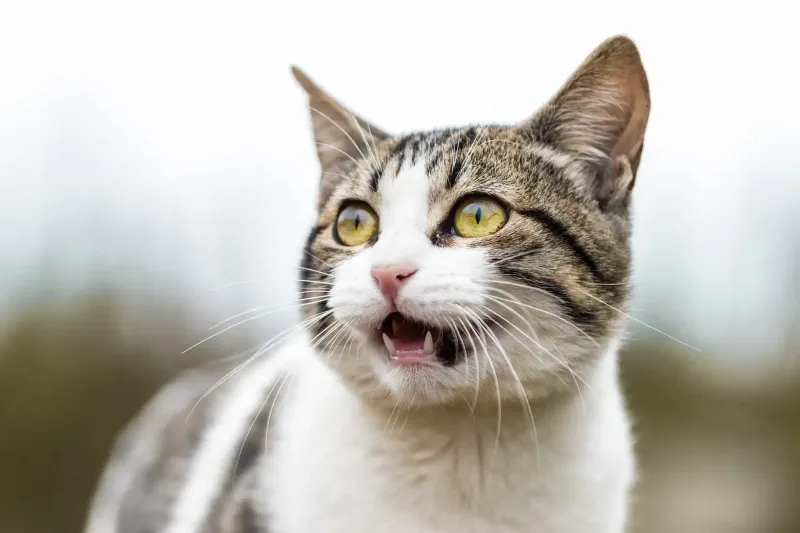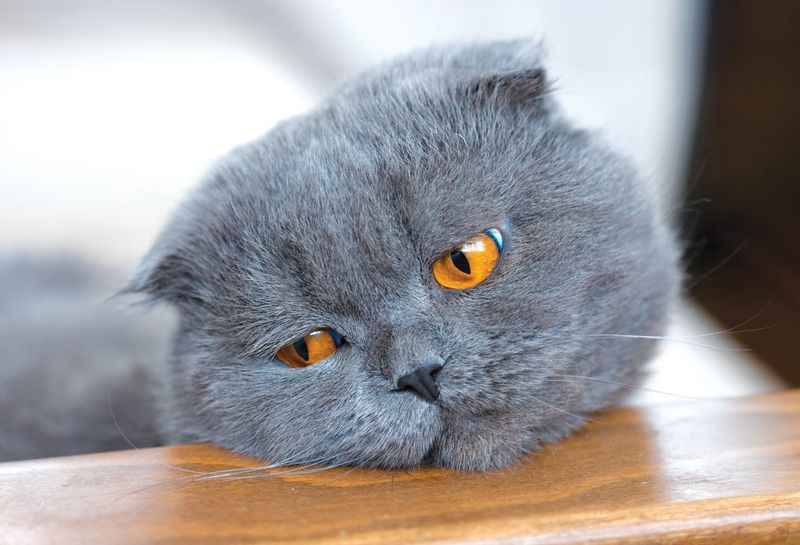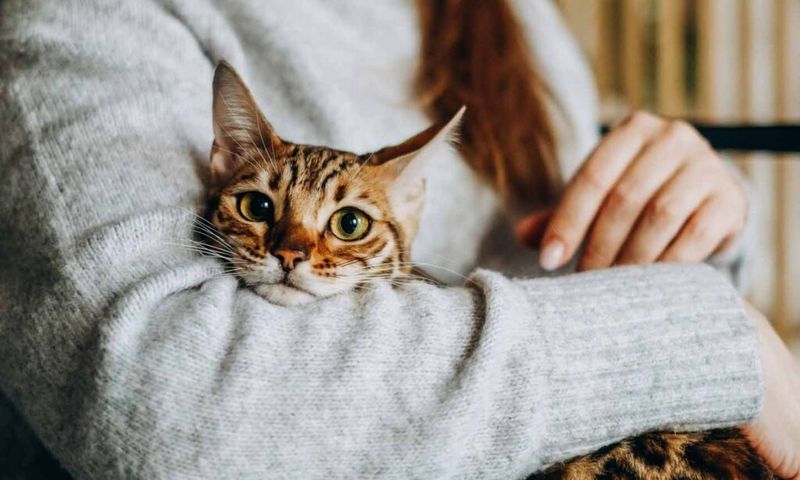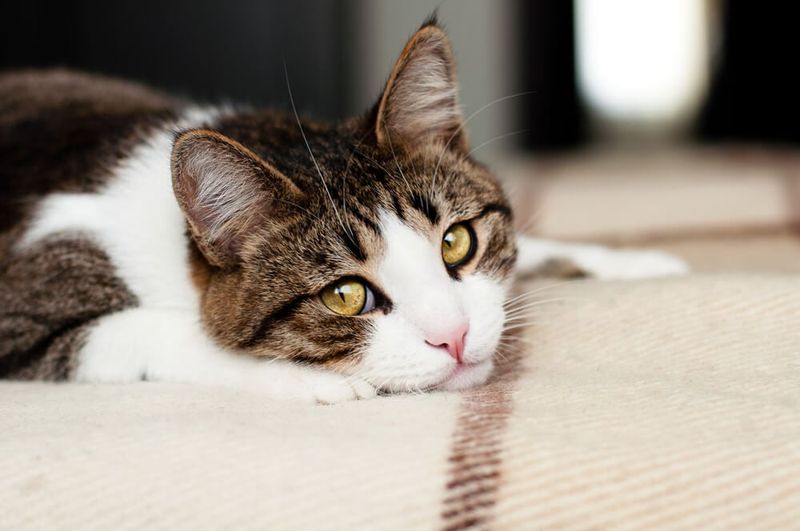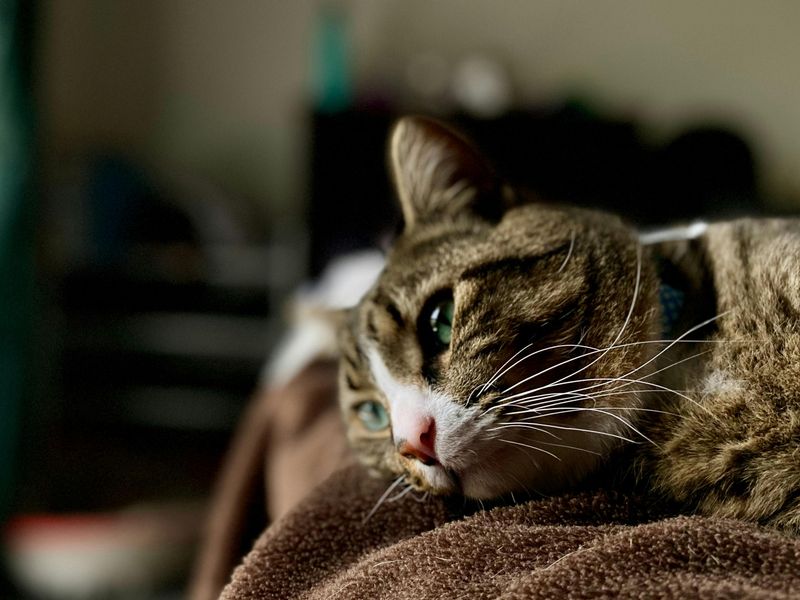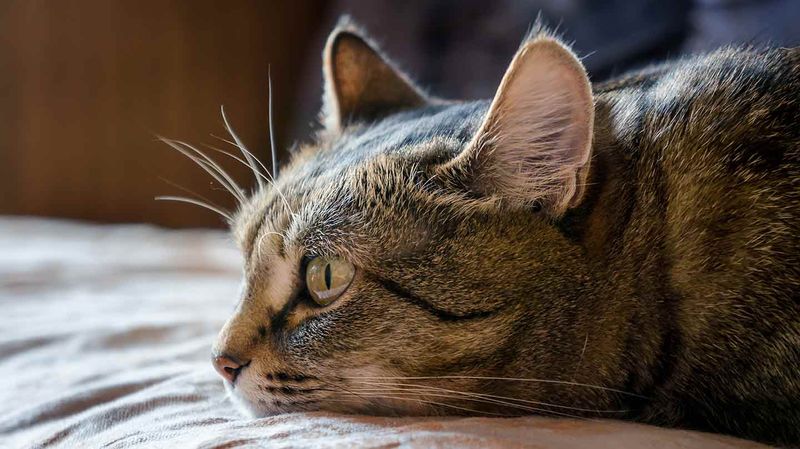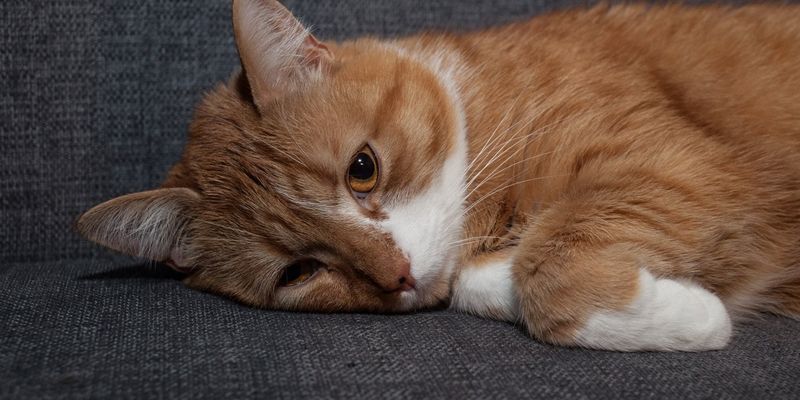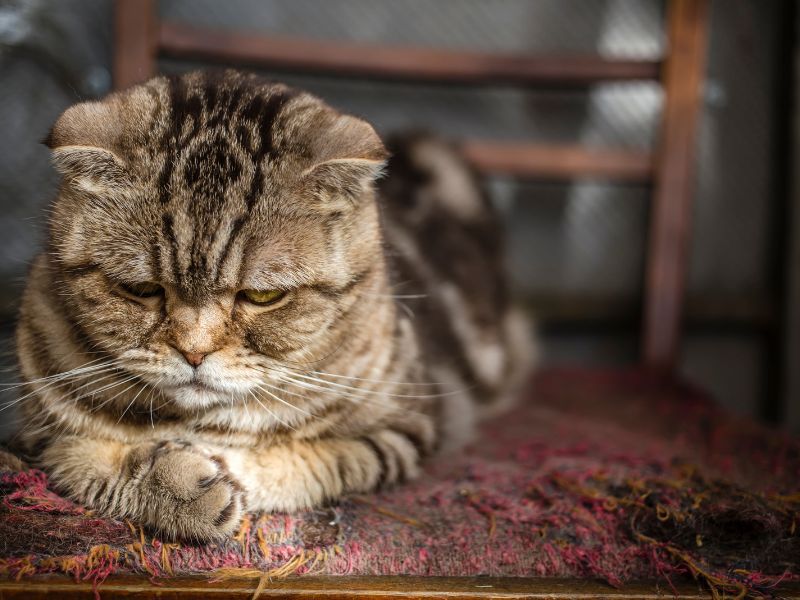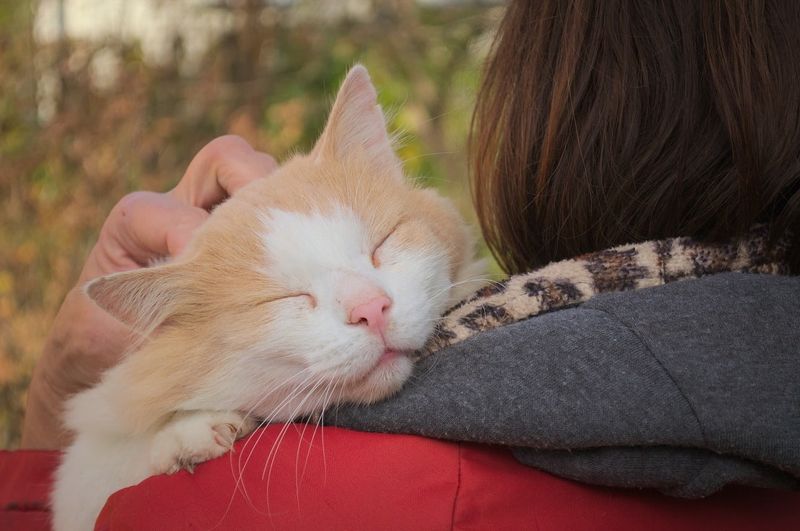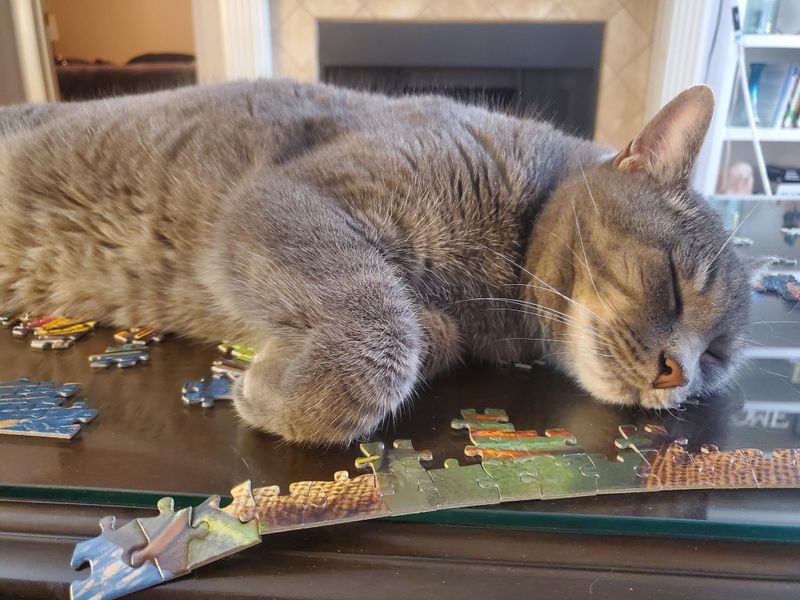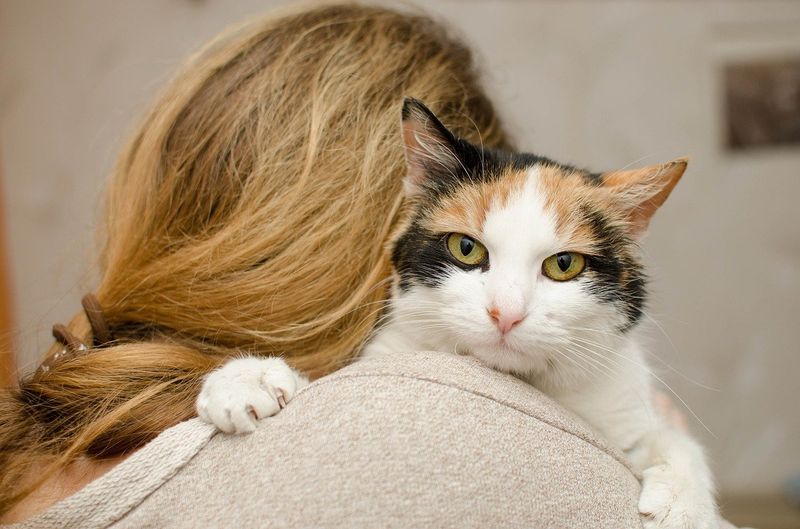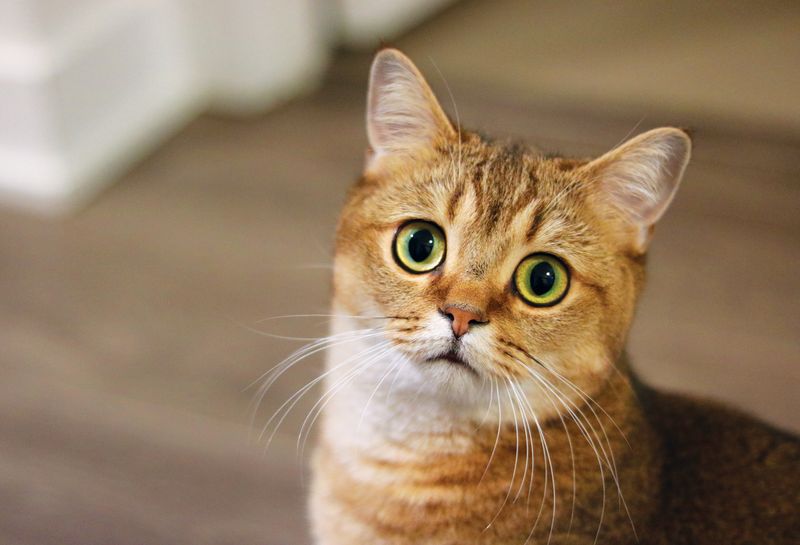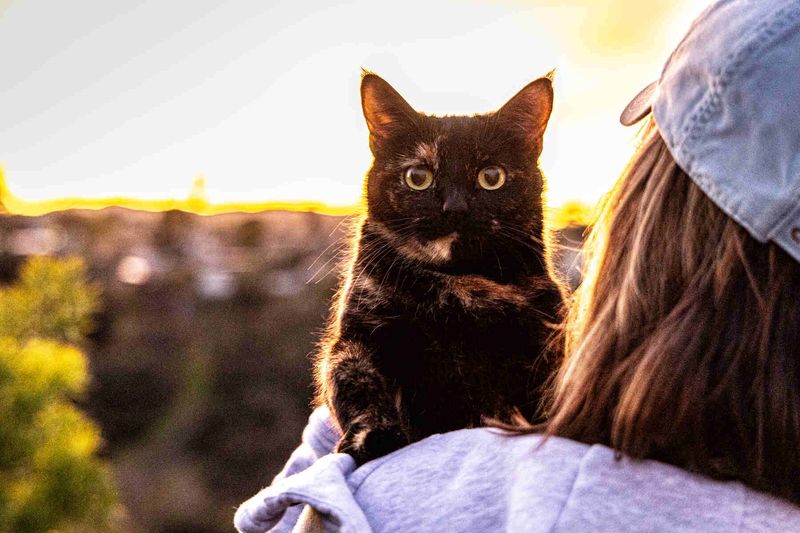📖 Table of Content:
- 1. Forcing Physical Affection
- 2. Immediately Replacing Their Lost Companion
- 3. Removing All Traces of the Deceased
- 4. Disrupting Their Routine
- 5. Making Loud Noises or Sudden Movements
- 6. Ignoring Changes in Eating Habits
- 7. Medicating Without Veterinary Guidance
- 8. Punishing Grief-Related Behaviors
- 9. Overwhelming Them With Visitors
- 10. Using Strong Scents or Cleaners
- 11. Expressing Your Own Grief Too Intensely Around Them
- 12. Neglecting Play and Enrichment
- 13. Constantly Staring or Hovering
- 14. Allowing Free Roaming After Loss
- 15. Skipping Veterinary Care
- 16. Inconsistent Attention Patterns
- 17. Rearranging Furniture During Grief
- 18. Expecting Immediate Recovery
Cats feel grief deeply, much like humans, whether they’ve lost a close feline companion, a beloved human, or faced a significant change in their environment. This emotional pain can affect their behavior and well-being in noticeable ways. Recognizing the signs of feline grief is the first step toward helping them cope.
When cats are grieving, people often want to provide comfort, but some common responses may unintentionally cause more stress. Not all comforting actions are helpful, and certain approaches can prolong or worsen a cat’s distress. Awareness of what truly supports a grieving cat is essential for their recovery.
Providing the right kind of care during these times helps cats adjust and heal at their own pace. Creating a calm and understanding environment can ease their emotional burden. With patience and knowledge, it’s possible to help grieving cats find peace again.
1. Forcing Physical Affection
Grieving cats often need space to process their emotions. Picking them up, hugging them, or forcing cuddles when they’re withdrawn can increase their stress levels dramatically.
Cats prefer to seek comfort on their own terms. Instead of imposing physical contact, create safe spaces where your cat can retreat and approach you when ready. This respects their natural coping mechanisms.
A grieving cat may actually view forced interaction as a threat rather than comfort, potentially damaging your bond during this sensitive time.
2. Immediately Replacing Their Lost Companion
Racing to adopt a new pet after your cat loses their companion is a common but harmful mistake. Cats need time to process the absence of their friend before adjusting to someone new.
The sudden appearance of a strange animal can feel like an invasion of territory during a vulnerable time. Your cat may view the newcomer as a threat rather than a potential friend.
Rushing this process often leads to behavioral problems, aggression, and additional stress for your already grieving cat.
3. Removing All Traces of the Deceased
Clearing away all scents, toys, and reminders of a deceased companion can disorient your grieving cat. Cats rely heavily on scent for recognition and emotional processing.
Familiar smells provide comfort and a gradual transition. Consider keeping some items that carry the scent of the lost companion for a while, allowing your cat to investigate and process the loss at their own pace.
Gradual transitions work better than sudden changes. Your cat needs time to understand that their friend isn’t coming back.
4. Disrupting Their Routine
Cats thrive on predictability, especially during emotional turmoil. Suddenly changing feeding times, play schedules, or sleeping arrangements compounds their stress.
Routine provides security when everything else feels uncertain. Maintaining consistent mealtimes, play sessions, and other daily activities helps your cat feel some sense of normalcy amid grief.
Even well-intentioned changes to “cheer them up” can backfire. Stick to familiar patterns while gently encouraging normal activities when your cat shows interest.
5. Making Loud Noises or Sudden Movements
Grieving cats are particularly sensitive to environmental stimuli. Loud music, shouting, or sudden movements can trigger anxiety in a cat that’s already emotionally fragile.
Their nervous systems are on high alert during grief. Creating a calm, quiet environment helps them feel safe enough to process their emotions without additional stressors.
Even normal household sounds might seem overwhelming now. Consider creating a peaceful retreat area where your cat can escape when feeling overwhelmed.
6. Ignoring Changes in Eating Habits
Loss of appetite is common in grieving cats, but ignoring it can lead to serious health problems. Cats who stop eating for even a few days can develop potentially fatal liver disease.
Monitor food intake carefully during this period. If your cat refuses meals for more than 24 hours, contact your veterinarian immediately rather than assuming it’s just grief.
Tempting foods like warm chicken, tuna, or kitten food might entice a grieving cat to eat. Hand-feeding in small amounts can also help bridge the gap until their appetite returns.
7. Medicating Without Veterinary Guidance
Giving your cat over-the-counter medications or supplements intended to “calm them down” can be dangerous or even fatal. Human medications are particularly toxic to cats.
Even natural remedies marketed for pets should be approached with caution. What works for one cat may harm another, especially when they’re already emotionally vulnerable.
Always consult your veterinarian before giving any medication. If your cat’s grief symptoms seem severe, professional help might include appropriate, safe medications prescribed specifically for your pet.
8. Punishing Grief-Related Behaviors
Grief can manifest as unwanted behaviors like inappropriate elimination, excessive vocalization, or aggression. Punishing these behaviors only adds fear to your cat’s emotional burden.
These aren’t acts of spite—they’re expressions of emotional distress. Your cat isn’t trying to upset you; they’re struggling to cope with complex feelings they don’t understand.
Respond with patience and positive reinforcement when they behave appropriately. Clean accidents thoroughly with enzymatic cleaners and consider consulting with a veterinary behaviorist if problems persist.
9. Overwhelming Them With Visitors
Well-meaning friends wanting to comfort you might create a stressful environment for your grieving cat. Multiple visitors create unpredictable energy and unfamiliar scents in your cat’s territory.
Cats often retreat from social gatherings even under normal circumstances. During grief, they’re especially sensitive to territorial disruptions and changes in household dynamics.
Limit visitors or confine your cat to a quiet room with familiar items when company arrives. This provides a safe retreat where they can process their emotions without additional social pressure.
10. Using Strong Scents or Cleaners
Heavily scented products can overwhelm a cat’s sensitive nose and add to their distress. Strong cleaning products, air fresheners, or essential oils might seem comforting to humans but can be irritating or toxic to cats.
Cats have approximately 200 million odor sensors compared to our mere 5 million. What smells pleasant to us can be overwhelming or even painful to them.
Opt for unscented products when cleaning. If you must use scented items, ensure proper ventilation and give your cat access to fresh air in a different room.
11. Expressing Your Own Grief Too Intensely Around Them
Cats are remarkably attuned to human emotions. Excessive crying, anger, or emotional outbursts around your grieving cat can amplify their anxiety and confusion.
Your cat doesn’t understand why you’re upset, only that you are—which signals danger to them. They may associate your emotional displays with their own feelings of loss, intensifying their distress.
Find private spaces to express your strongest emotions. When with your cat, try to project calm reassurance even when you’re hurting too.
12. Neglecting Play and Enrichment
Assuming a grieving cat doesn’t want to play can lead to additional depression. Physical activity releases endorphins and helps regulate emotions, even during grief.
Mental stimulation prevents unhealthy fixation on loss. Interactive toys, puzzle feeders, and gentle play sessions can provide crucial distraction and emotional relief.
Follow your cat’s lead—don’t force play, but offer opportunities. Even brief moments of engagement can gradually help rebuild their emotional resilience and remind them that joy is still possible.
13. Constantly Staring or Hovering
Watching your cat’s every move with worried eyes creates pressure and stress. Constant surveillance makes cats feel threatened rather than supported.
Direct staring is actually considered threatening in feline language. Your concerned gaze might be interpreted as aggression or challenge, causing your grieving cat to feel even more vulnerable.
Give them space while remaining available. Position yourself nearby but engaged in your own activities, allowing them to approach when they feel safe and ready for connection.
14. Allowing Free Roaming After Loss
Letting an indoor-outdoor cat roam freely immediately after losing a companion can be dangerous. Grief can impair judgment, awareness, and self-protective instincts.
Distracted cats may wander farther than usual, forget to watch for predators, or fail to notice traffic. Their preoccupation makes them vulnerable to accidents and injuries.
Temporarily restrict outdoor access or provide supervised outings only. Consider a secure catio or harness walks until your cat demonstrates they’ve regained their normal alertness and caution.
15. Skipping Veterinary Care
Attributing all behavioral changes to grief without medical evaluation can be dangerous. Physical illness often masquerades as grief or depression in cats.
Symptoms like lethargy, appetite changes, and withdrawal can indicate either emotional distress or medical problems. Only a veterinarian can determine whether your cat’s symptoms stem from grief or illness requiring treatment.
Schedule a check-up if grief symptoms persist beyond two weeks or appear suddenly without clear cause. Blood work and physical examination can rule out medical issues that might complicate the grieving process.
16. Inconsistent Attention Patterns
Alternating between smothering attention and complete neglect confuses a grieving cat. This unpredictability adds anxiety to an already emotionally turbulent time.
Cats rely on consistent interactions to feel secure. Suddenly becoming overly attentive when you’re normally independent, or ignoring a cat who’s used to regular engagement, creates additional stress.
Maintain your normal interaction patterns as much as possible. If changes are necessary, implement them gradually rather than swinging between extremes of attention and absence.
17. Rearranging Furniture During Grief
Moving furniture, redecorating, or renovating during your cat’s grieving period creates environmental instability. Cats map their territory precisely and rely on familiar landmarks for security.
When grieving, cats often seek comfort in familiar spaces and scents. Disrupting these can intensify feelings of loss and disorientation when they’re already emotionally vulnerable.
Postpone major home changes if possible. If changes are necessary, maintain some consistent safe spaces with familiar bedding and scents where your cat can retreat.
18. Expecting Immediate Recovery
Cats don’t simply “get over” grief in a few days. Expecting a quick recovery often leads to impatience with ongoing symptoms like vocalization, searching, or clinginess.
The grieving process varies widely among cats. Some may show signs for weeks or months, while others internalize their feelings with subtle behavioral changes that last even longer.
Accept that healing happens gradually. Progress often occurs in waves rather than a straight line, with good days followed by temporary setbacks before eventual adjustment to the new normal.
